Composting 101: Making Rich Soil from Kitchen Scraps
Have you ever wondered what happens to all those kitchen scraps you toss in the trash? What if I told you that instead of adding to the landfill, you could transform them into something truly amazing? That’s right! Composting is the **magical process** of turning your food waste into nutrient-rich soil that can help your garden thrive. Imagine feeding your plants with the same scraps you would have thrown away. Sounds like a win-win, doesn’t it? In this article, we’ll dive into the fundamentals of composting, exploring how you can easily make rich soil from your kitchen scraps while contributing to a healthier planet.
At its core, composting is the natural recycling of organic matter. Think of it as Mother Nature’s way of breaking down waste and returning it to the earth. When you compost, you’re taking items like vegetable peels, coffee grounds, and yard waste, and allowing them to decompose into a valuable soil amendment. This process not only helps reduce waste but also enriches the soil, making it a vital practice for anyone interested in gardening or sustainable living. Understanding composting is essential because it empowers you to make a positive impact on your environment and garden.
Composting isn’t just a trendy buzzword; it’s a practice that offers a multitude of benefits. For one, it plays a crucial role in reducing landfill waste. Did you know that about 30% of the waste we throw away is organic material? By composting, you can significantly cut down on this statistic. Additionally, composting enriches your soil, providing plants with the nutrients they need to flourish. This section will explore the environmental and economic advantages of composting, showing you why it’s worth the effort.
The environmental benefits of composting are profound. By diverting organic waste from landfills, composting helps reduce greenhouse gas emissions. When organic material decomposes in a landfill, it produces methane, a potent greenhouse gas. In contrast, composting allows for aerobic decomposition, which minimizes harmful emissions. So, every time you toss your vegetable scraps into the compost bin, you’re not just reducing waste; you’re also contributing to a healthier planet. Isn’t that a great feeling?
One of the most immediate benefits of composting is its ability to reduce waste. By making composting a part of your routine, you can significantly decrease the amount of waste sent to landfills. This promotes a zero-waste lifestyle, encouraging you to think critically about what you throw away. Imagine the impact if every household committed to composting! It’s a small change that can lead to a **big difference** in waste management.
Another fantastic aspect of composting is its role in conserving resources. When you create your own compost, you’re reducing the need for chemical fertilizers, which can be harmful to the environment. Additionally, compost helps retain moisture in the soil, reducing the need for frequent watering. This is especially beneficial during dry spells when every drop counts. By composting, you’re not just enriching your garden; you’re also practicing responsible resource management.
Let’s talk dollars and cents! Composting can lead to significant cost savings, both in waste disposal fees and gardening expenses. By composting your kitchen scraps and yard waste, you’ll find that you have less waste to throw away, which can lower your garbage bill. Plus, using your homemade compost means you won’t have to spend as much on store-bought fertilizers. It’s like getting a premium garden boost without breaking the bank!
So, you’re ready to dive into the world of composting? Fantastic! Starting a composting system at home is simpler than you might think. All you need is a little space, some basic materials, and a willingness to get your hands a bit dirty. In the following sections, we’ll outline the steps needed to begin composting effectively, ensuring you’re well-equipped to create your own nutrient-rich soil.
The first step in your composting journey is selecting the right compost bin. There are various types available, ranging from simple DIY options to more sophisticated commercial bins. Consider your available space and how much waste you typically produce. Here’s a quick rundown of some popular compost bin options:
| Compost Bin Type | Best For | Pros | Cons |
|---|---|---|---|
| Open Pile | Large yards | Low cost, easy to manage | Can attract pests |
| Compost Tumblers | Small spaces | Fast composting, easy to turn | Higher cost |
| Worm Bins | Indoors | Produces worm castings, minimal odor | Requires maintenance |
Knowing what materials can be composted is essential for creating healthy compost. You can compost a variety of kitchen scraps and yard waste. Here’s a quick list of ideal compost materials:
- Kitchen Scraps: Fruit and vegetable peels, coffee grounds, eggshells, and stale bread.
- Yard Waste: Grass clippings, leaves, and small branches.
- Avoid: Meat, dairy, and oily foods, as these can attract pests.
By understanding what to compost, you’ll ensure that your compost pile thrives and produces rich, fertile soil for your garden.
Q: How long does it take for compost to be ready?
A: Typically, compost can take anywhere from 3 months to a year to fully decompose, depending on the materials used and the conditions of your compost pile.
Q: Can I compost paper products?
A: Yes! You can compost paper products like cardboard and newspaper, but make sure they are shredded and free from inks and coatings.
Q: What should I do if my compost smells?
A: A smelly compost pile usually indicates that it’s too wet or has too many nitrogen-rich materials. Turn your pile and add more carbon-rich materials like dry leaves or shredded paper.
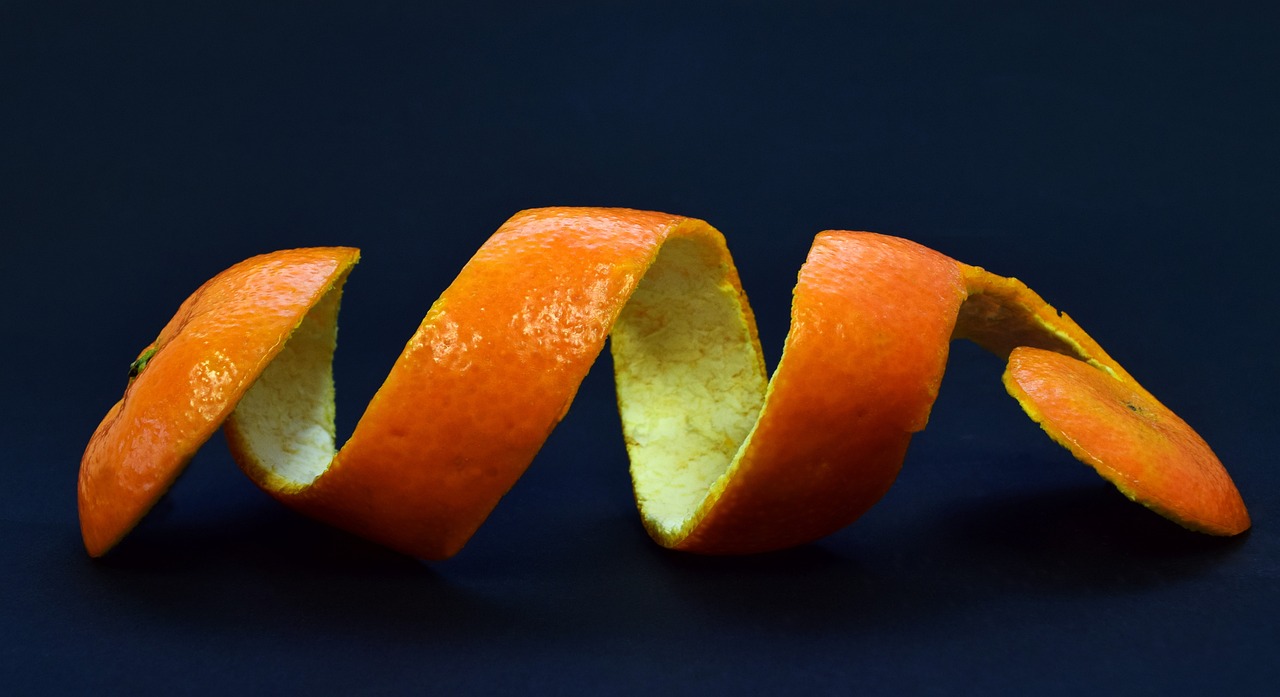
What is Composting?
Composting is the natural process of recycling organic matter, such as kitchen scraps and yard waste, into a valuable soil amendment. Think of it as nature's way of taking what we often consider waste and turning it into something beneficial. This process not only helps reduce the amount of garbage we send to landfills but also enriches the soil in our gardens, making it a win-win situation for both our environment and our plants.
At its core, composting involves the breakdown of organic materials by microorganisms, such as bacteria and fungi. These tiny workers thrive in a balanced environment, where they can feast on carbon-rich materials (often referred to as "browns") and nitrogen-rich materials (known as "greens"). The result? A rich, dark, crumbly substance that is full of nutrients and beneficial organisms, perfect for nourishing your plants.
To put it simply, composting is like a magic trick for your kitchen scraps and yard waste. Instead of tossing those apple cores, coffee grounds, and grass clippings into the trash, you can give them a second life. This process not only helps the environment but also saves you money on fertilizers and soil amendments. So, if you've ever wondered how to turn your waste into a treasure for your garden, composting is the answer!
Here’s a quick breakdown of the composting process:
- Collection: Gather your kitchen scraps and yard waste.
- Layering: Create layers of browns and greens in your compost bin.
- Decomposition: Microorganisms break down the materials over time.
- Harvesting: In a few months, you’ll have rich compost ready to use!
In addition to the environmental benefits, understanding composting can lead to a deeper appreciation for the life cycles of our food and waste. It teaches us about sustainability and the importance of caring for our planet. So, whether you have a sprawling backyard or just a small balcony, composting can be adapted to fit your lifestyle. Ready to dive deeper into the world of composting? Let’s explore its many benefits!
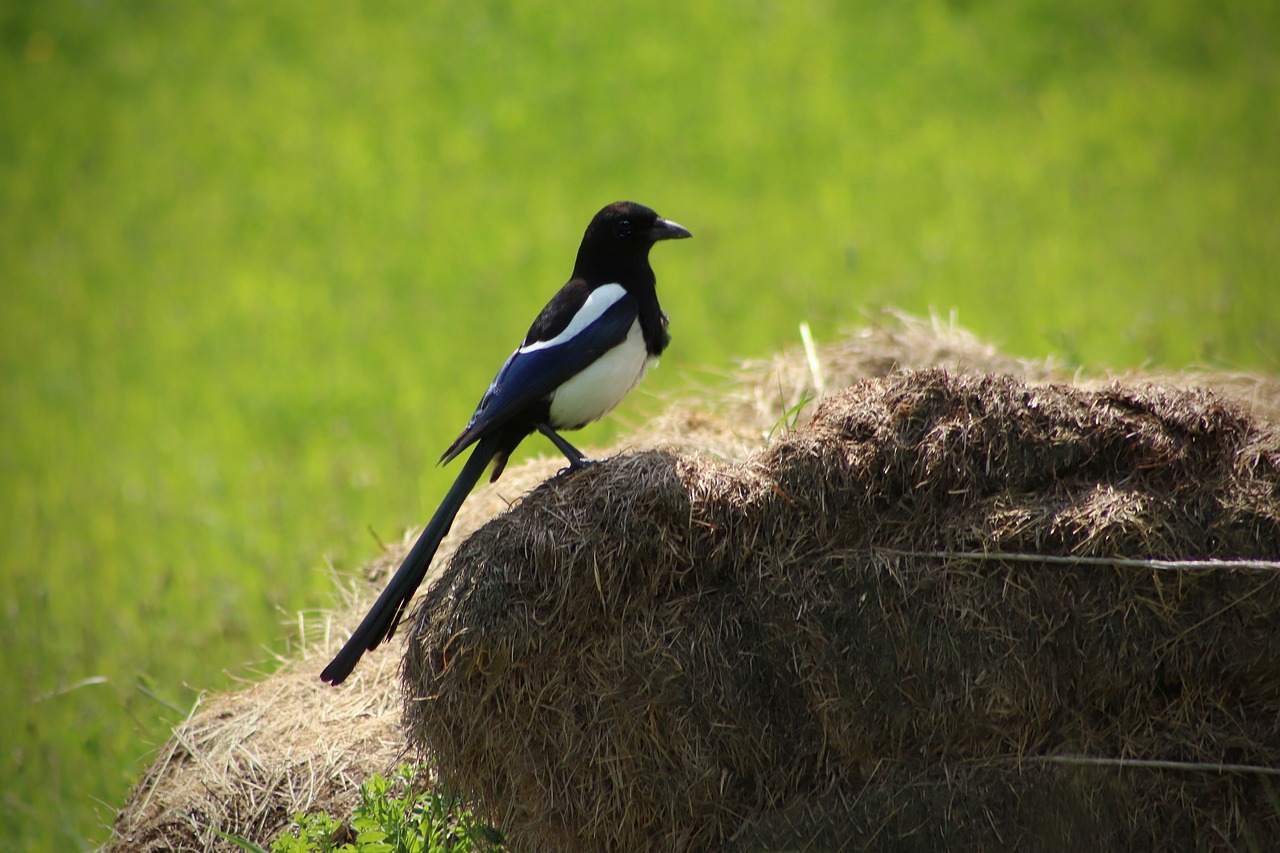
Benefits of Composting
Composting is more than just a trendy buzzword; it's a powerful way to transform waste into something incredibly valuable. The benefits of composting stretch far beyond your backyard garden. By engaging in this eco-friendly practice, you're not only giving your plants a nutrient boost but also playing a significant role in environmental conservation. Imagine turning your kitchen scraps into a rich, dark soil that nourishes your plants and reduces your carbon footprint at the same time! It's like giving back to the earth while getting something in return. Let's dive deeper into the myriad advantages of composting.
One of the most compelling reasons to start composting is its positive environmental impact. When organic waste is sent to landfills, it decomposes anaerobically, producing harmful greenhouse gases like methane. By composting, you can significantly reduce these emissions. In fact, studies suggest that composting can reduce overall landfill waste by up to 30%. This means that every banana peel and coffee ground you toss into your compost bin is a step toward a healthier planet. Think of it as a small act of rebellion against wastefulness!
Every household generates a significant amount of waste, but by composting, you can dramatically decrease the volume of trash that ends up in landfills. Just picture your kitchen waste transforming into rich compost instead of contributing to the ever-growing mountains of garbage. Each time you compost, you're promoting a zero-waste lifestyle and encouraging others in your community to do the same. The ripple effect of your actions can inspire friends and family to join the movement, creating a more sustainable future.
Composting doesn't just help reduce waste; it also conserves precious resources. When you use compost in your garden, you minimize the need for chemical fertilizers, which can be harmful to the environment. Compost acts as a natural fertilizer, enriching the soil with essential nutrients. This not only promotes healthy plant growth but also conserves water. Healthy soil retains moisture better, meaning you'll spend less time watering your garden. It's like giving your plants a drink of water when they need it most!
Let's talk about the economic advantages of composting. By creating your own compost, you can save money on gardening supplies and waste disposal fees. Instead of purchasing expensive fertilizers, you can use the nutrient-rich compost you’ve made from your kitchen scraps. It's a win-win situation! Plus, many municipalities offer discounts on compost bins or even free composting workshops, making it easier than ever to get started. The initial investment in a compost bin pays off quickly when you consider the long-term savings.
In summary, composting is a simple yet effective way to make a significant impact on both your garden and the planet. By reducing waste, conserving resources, and saving money, you're not just composting—you're becoming part of a larger movement toward sustainability. So, why not roll up your sleeves and start composting today? Your garden (and the Earth) will thank you!
1. Can I compost meat and dairy products?
While some composters advocate composting meat and dairy, it's generally best to avoid these items as they can attract pests and create odors. Stick to fruits, vegetables, eggshells, and yard waste for a successful compost pile.
2. How long does it take for compost to be ready?
The time it takes for compost to mature can vary, but typically, it takes anywhere from 2 to 6 months. Factors like temperature, moisture, and the materials used can influence this timeline.
3. Do I need a special bin to compost?
While a compost bin can help keep your compost contained and tidy, you can also compost in a simple pile in your backyard. Just ensure it's well-aerated and moist!
4. What can I do with finished compost?
Finished compost can be used to enrich garden soil, as a top dressing for lawns, or even in potting mixes for indoor plants. It's a versatile resource that will benefit any plant!
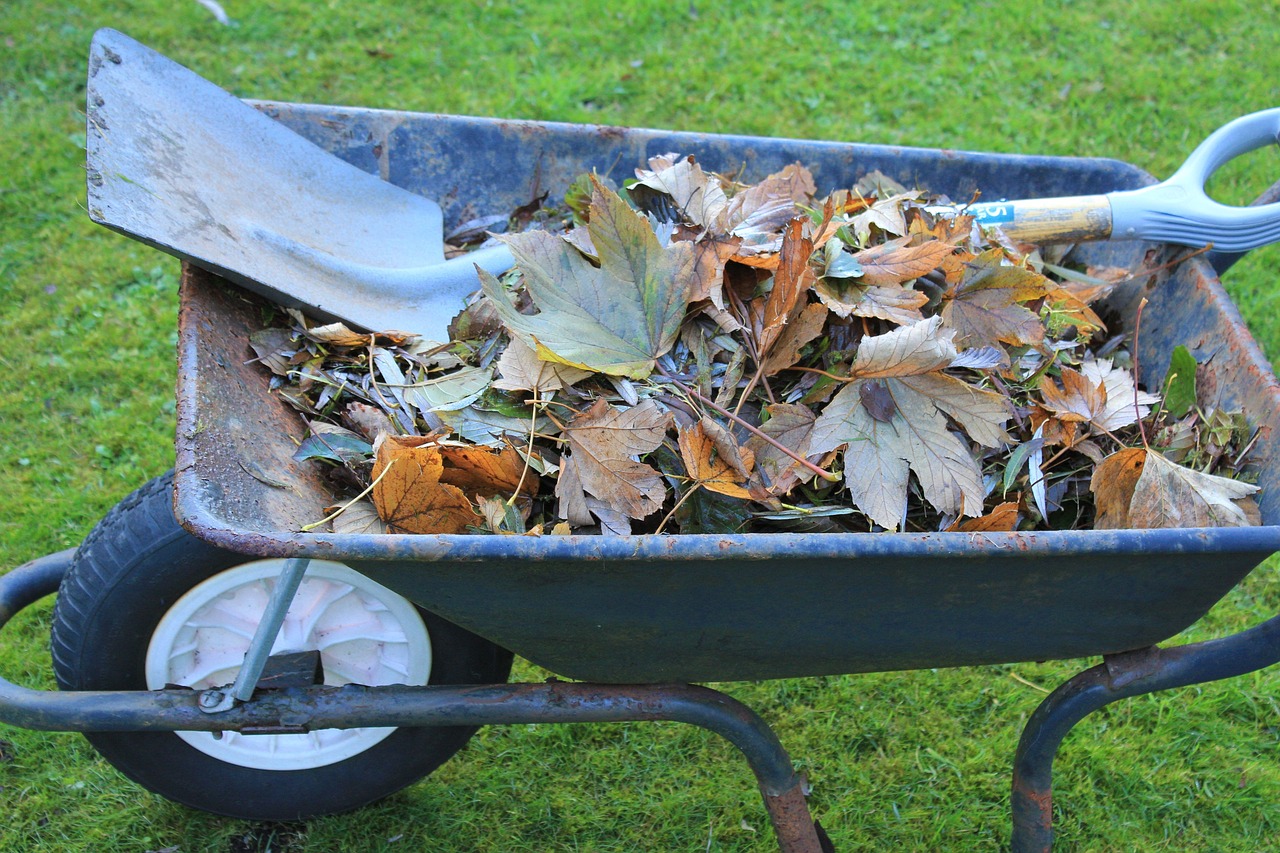
Environmental Impact
Composting plays a crucial role in our fight against climate change and environmental degradation. When organic waste, like kitchen scraps and yard debris, ends up in landfills, it decomposes anaerobically, releasing harmful greenhouse gases such as methane into the atmosphere. Did you know that methane is over 25 times more potent than carbon dioxide in trapping heat? By composting, we can significantly reduce these emissions and make a positive impact on our planet.
Furthermore, composting enriches the soil, which in turn enhances its ability to absorb carbon dioxide from the atmosphere. This process is akin to giving nature a helping hand, allowing it to heal itself while providing us with nutrient-rich soil for gardening. Healthy soil not only supports plant growth but also acts as a natural carbon sink, reducing the overall carbon footprint.
By diverting organic waste from landfills, composting contributes to a cleaner environment in several ways:
- Waste Reduction: Households that compost can cut down their trash significantly. In fact, food scraps and yard waste make up about 30% of what we throw away. Imagine reducing that waste by simply composting!
- Water Conservation: Compost helps improve soil structure, allowing it to retain moisture better. This means less water is needed for irrigation, which is especially beneficial in drought-prone areas.
- Reduction of Chemical Fertilizers: By using compost, gardeners can minimize their reliance on chemical fertilizers, which can leach into waterways and cause pollution.
Moreover, composting promotes biodiversity. As organic matter breaks down, it creates a habitat for various microorganisms and insects that are essential for a thriving ecosystem. These tiny organisms help break down nutrients, making them accessible to plants and contributing to a balanced soil environment.
In essence, composting is not just a method of waste disposal; it’s a powerful tool for environmental stewardship. It fosters a sustainable lifestyle that benefits not only our gardens but also the planet as a whole. By adopting composting practices, we can collectively contribute to a healthier Earth, making a lasting impact for future generations.
1. What can I compost?
You can compost a variety of organic materials, including fruit and vegetable scraps, coffee grounds, eggshells, grass clippings, leaves, and small branches. Just avoid meat, dairy, and oily foods as they can attract pests.
2. How long does it take to make compost?
The composting process can take anywhere from a few weeks to several months, depending on factors like the materials used, moisture levels, and temperature. The key is to turn your compost regularly to speed up decomposition.
3. Can I compost in an apartment?
Absolutely! There are many composting options for apartment dwellers, such as worm composting (vermicomposting) or using a small indoor compost bin. Just ensure you manage it well to avoid odors.
4. Is composting difficult?
Not at all! Composting is quite simple and can be done with minimal effort. Just remember to balance green materials (like fruit scraps) with brown materials (like dried leaves) for optimal results.
5. What are the signs that my compost is ready?
Your compost is ready when it looks dark and crumbly, smells earthy, and has no recognizable food scraps. It should feel warm to the touch and have a rich, soil-like texture.
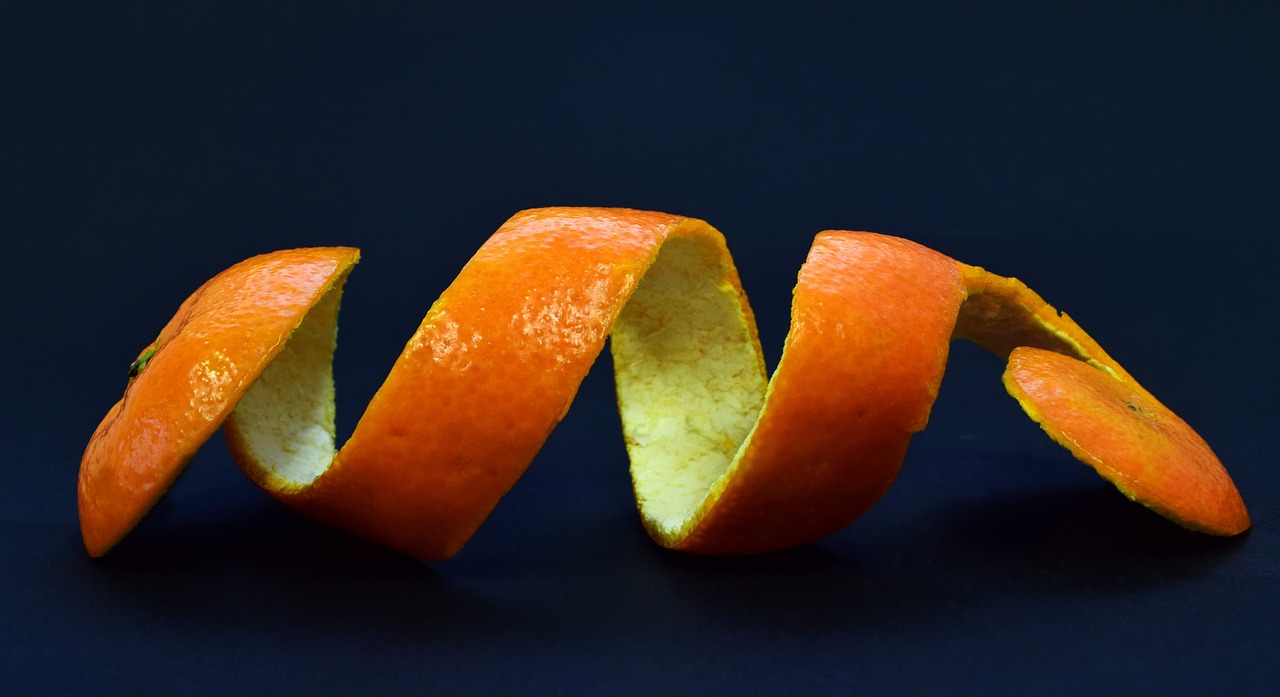
Reducing Waste
Composting is not just a trendy practice; it’s a powerful solution to one of the biggest challenges we face today—waste management. Every day, millions of tons of organic waste end up in landfills, where they decompose anaerobically, releasing harmful greenhouse gases like methane into the atmosphere. By embracing composting, you can play a significant role in and minimizing your ecological footprint.
Imagine your kitchen as a mini recycling center. Instead of tossing your vegetable peels, coffee grounds, and eggshells into the trash, you can collect these organic materials and transform them into rich compost. Not only does this practice divert waste from landfills, but it also allows you to create something valuable for your garden. It’s like turning trash into treasure!
Let’s break it down a bit. When you compost, you’re essentially creating a closed-loop system. This means that the organic materials you produce at home can be reused to enrich your soil, which in turn supports healthy plant growth. By reducing the amount of waste you generate, you contribute to a zero-waste lifestyle, where nothing goes to waste, and everything has a purpose. Here’s how composting helps reduce waste:
- Less Landfill Waste: By composting, you can divert up to 30% of your household waste from landfills. This not only reduces the burden on waste management systems but also decreases the need for new landfill sites.
- Resource Recovery: Composting allows for the recovery of valuable nutrients that would otherwise be lost. Instead of buying chemical fertilizers, you can use your compost to nourish your plants naturally.
- Encouraging Sustainable Practices: When you compost, you inspire others to do the same. It’s a ripple effect that promotes environmental consciousness within your community.
Furthermore, composting can be an educational experience, especially for families with children. Teaching kids the importance of waste reduction and the benefits of composting can instill lifelong values of sustainability. You can even turn it into a fun project by involving them in the process of collecting scraps and monitoring the composting progress. This hands-on approach not only reduces waste but also nurtures a sense of responsibility towards the environment.
In essence, composting is more than just a method of waste management; it’s a lifestyle choice that empowers individuals to take charge of their waste and make a positive impact on the planet. So next time you’re about to throw away those banana peels or that wilted lettuce, think twice. Instead of contributing to the growing waste problem, consider composting and join the movement towards a cleaner, greener future.
Q: What can I compost?
A: You can compost a variety of organic materials including fruit and vegetable scraps, coffee grounds, eggshells, grass clippings, and leaves. Avoid composting meat, dairy, and oily foods as they can attract pests.
Q: How long does it take to make compost?
A: Composting can take anywhere from a few weeks to several months, depending on the materials used and the composting method. Regularly turning the pile can speed up the process.
Q: Do I need a compost bin?
A: While a compost bin can help contain your compost and keep it tidy, it’s not strictly necessary. You can also create a compost pile in your backyard or use a simple container.
Q: Can I compost in an apartment?
A: Yes! Many people in apartments successfully compost using indoor composting systems like worm bins or bokashi composting, which can be done in small spaces.
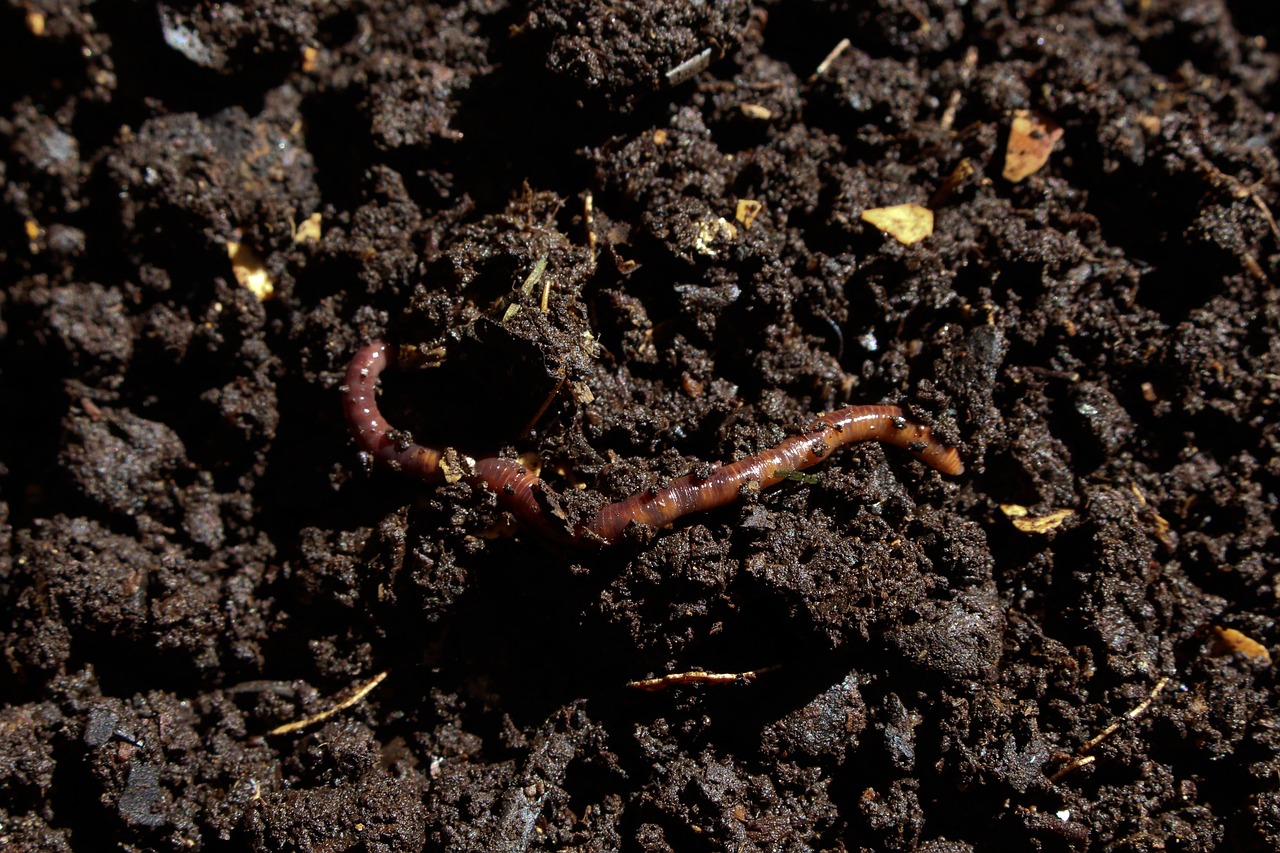
Conserving Resources
Composting is not just a trendy way to reduce waste; it’s a powerful method for that benefits both your garden and the planet. When you compost, you’re essentially creating a mini-ecosystem in your backyard or kitchen. This process not only transforms your kitchen scraps into rich, fertile soil but also helps in conserving vital resources that we often take for granted.
One of the most significant ways composting conserves resources is through water conservation. Healthy compost is like a sponge; it retains moisture and helps soil hold onto water more effectively. This means less frequent watering for your plants, which is especially crucial during hot summer months. By using compost in your garden, you can reduce your water consumption by up to 50%! Imagine the impact this could have on your water bill and the environment!
Moreover, composting reduces the need for chemical fertilizers. When you create your own compost, you’re providing your plants with a natural source of nutrients. This not only enhances soil health but also minimizes the reliance on synthetic fertilizers that can be harmful to the environment. Chemical fertilizers often lead to runoff, which can pollute waterways and harm aquatic life. By composting, you’re not just helping your garden; you’re also playing a part in protecting our precious ecosystems.
Additionally, composting helps in reducing the carbon footprint associated with the production and transportation of commercial fertilizers. When you make your own compost, you’re essentially recycling organic waste that would otherwise end up in a landfill, where it would decompose anaerobically and release harmful greenhouse gases. Instead, you’re transforming that waste into a valuable resource right at home, contributing to a more sustainable lifestyle.
In summary, composting is a simple yet impactful way to conserve resources. Whether it’s saving water, reducing the need for harmful chemicals, or minimizing waste, the benefits are clear. By embracing composting, you’re not just enriching your soil; you’re also making a positive impact on the environment. So why not start your composting journey today? Your garden—and the planet—will thank you!
- What materials can I compost? You can compost kitchen scraps like fruit and vegetable peels, coffee grounds, eggshells, and yard waste such as grass clippings and leaves.
- How long does it take for compost to be ready? Depending on the method and conditions, compost can take anywhere from a few weeks to several months to mature.
- Can I compost meat and dairy? It’s generally not recommended to compost meat and dairy as they can attract pests and create odors.
- Do I need a compost bin? While a compost bin can help contain the materials and speed up the process, you can also compost in a simple pile.
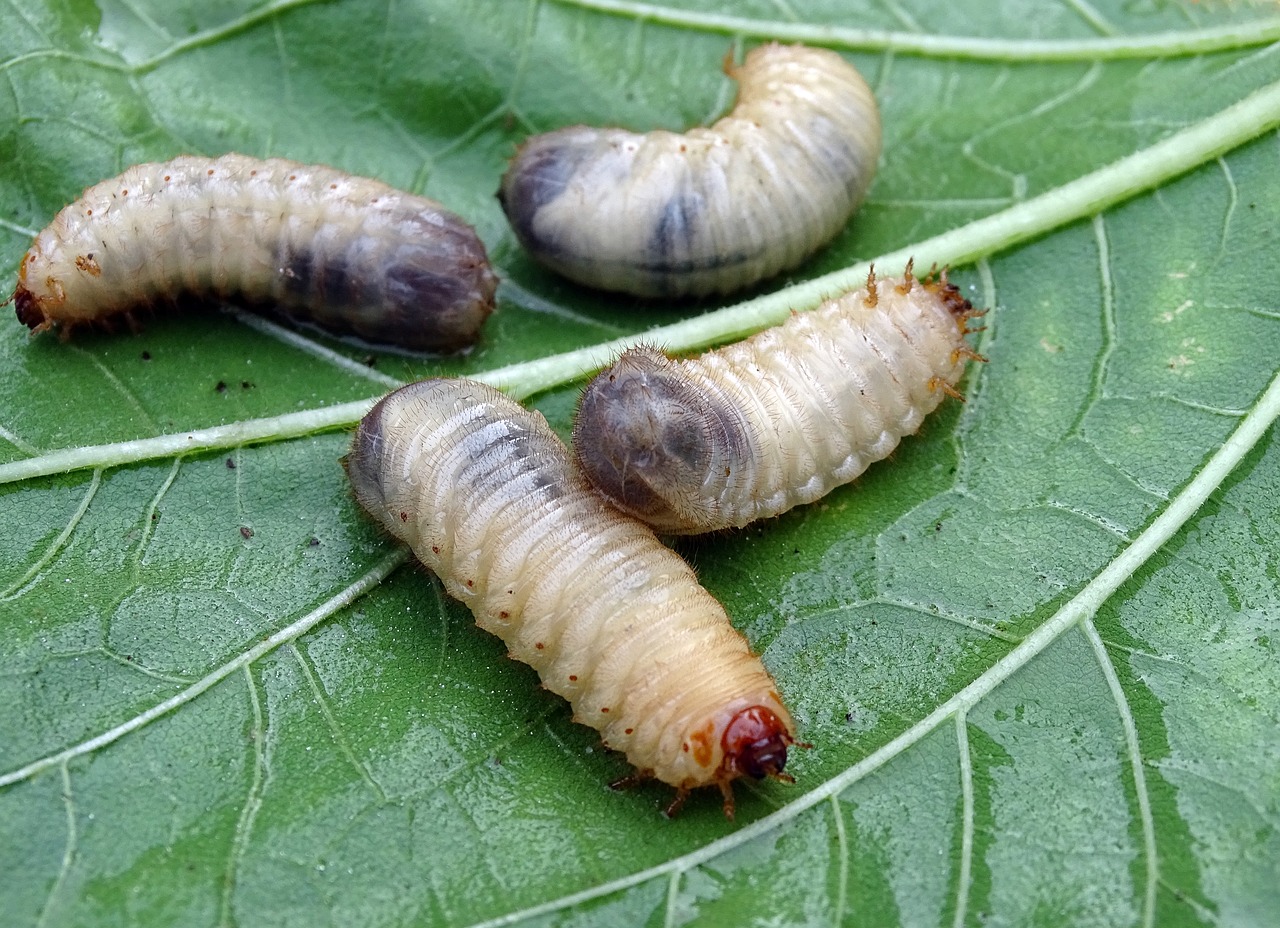
Economic Advantages
Composting is not just an environmentally friendly practice; it can also be a smart financial decision. By transforming your kitchen scraps and yard waste into compost, you can save money in various ways. For starters, consider the costs associated with waste disposal. Many municipalities charge for garbage collection based on the volume of waste you produce. By composting, you can significantly reduce the amount of waste sent to landfills, which might just lighten your trash bill. Think of it like this: the less you throw away, the less you pay!
Moreover, composting can lead to substantial savings in gardening expenses. Instead of purchasing expensive fertilizers and soil amendments, you can create your own nutrient-rich compost. This homemade compost not only enriches your garden soil but also improves its structure, water retention, and overall health. It's like having a goldmine of nutrients right in your backyard!
To give you a clearer picture of the potential savings, let’s take a look at a simple comparison:
| Expense Category | Traditional Method (Purchasing) | Composting Method (DIY) |
|---|---|---|
| Fertilizers | $50/year | $0 (using homemade compost) |
| Waste Disposal Fees | $30/year | $15/year (after composting) |
| Total Annual Savings | $80 | $15 (net savings of $65) |
As illustrated in the table, the potential savings can be quite significant. By investing a little time and effort into composting, you could save over $65 each year! That’s money that could be spent on other gardening supplies or even a nice dinner out.
Additionally, composting can provide a sense of fulfillment and community. Many local gardening clubs and communities encourage composting, and by participating, you may find opportunities for sharing resources, knowledge, and even compost itself. This communal aspect can lead to further savings and a richer gardening experience.
In summary, the economic advantages of composting are clear. From reducing waste disposal costs to eliminating the need for chemical fertilizers, composting not only benefits the environment but also your wallet. So why not give it a try? You might just find that your garden—and your bank account—will flourish as a result!
- How much can I save by composting? The savings can vary, but many households report saving between $50 to $100 annually by reducing waste disposal fees and eliminating the need for store-bought fertilizers.
- Is composting expensive to start? Not at all! You can start composting with items you already have at home, such as a simple bin made from wood pallets or even a pile in your backyard.
- Can I compost in an apartment? Yes! There are many compact composting solutions available, such as worm bins or bokashi composting, which are perfect for apartment dwellers.
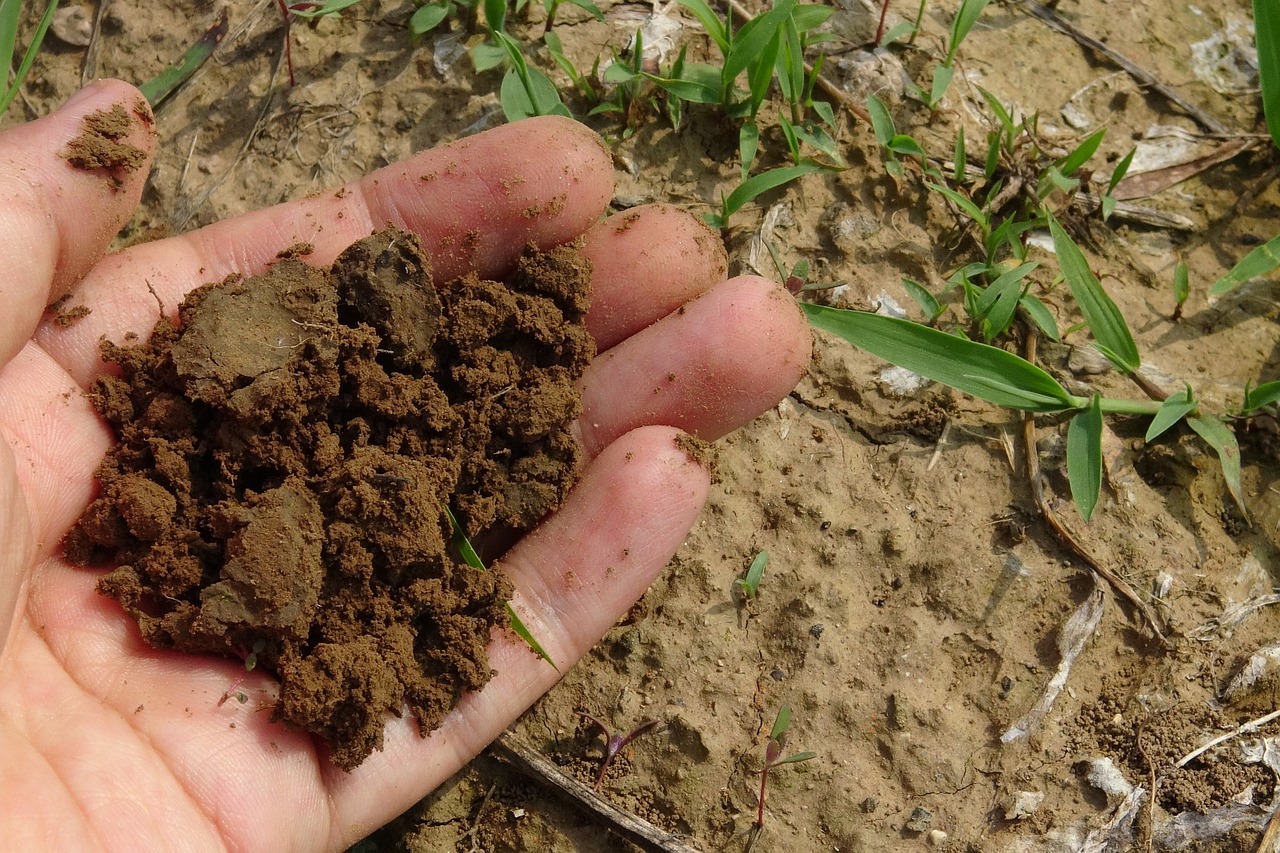
How to Start Composting
Starting your composting journey is not only simple but also incredibly rewarding. Imagine transforming your kitchen scraps and yard waste into a rich, dark treasure that nourishes your garden. It’s like having a magic potion for your plants! So, how do you dive into this eco-friendly adventure? Let’s break it down step-by-step.
First things first, you need to choose a compost bin that suits your space and lifestyle. If you live in an apartment, a small countertop compost bin or a worm bin (vermicomposting) might be your best bet. For those with a backyard, a larger compost tumbler or a traditional compost pile can work wonders. The key is to find something that makes it easy for you to collect and turn your organic waste into compost. Remember, the right bin can make all the difference!
Once you've got your bin sorted, the next step is to gather your compost materials. Not all waste is created equal, and knowing what to compost is crucial for creating healthy compost. You’ll want to focus on a mix of 'greens' and 'browns'—think of it as a balanced diet for your compost pile. Greens include things like fruit and vegetable scraps, coffee grounds, and grass clippings, while browns consist of dried leaves, cardboard, and straw. A good rule of thumb is to aim for a ratio of about 2:1 browns to greens to keep your compost pile happy and healthy.
Now that you’ve got your bin and materials ready, it’s time to start layering! Begin with a layer of browns at the bottom to help with aeration, followed by a layer of greens, and continue alternating until your bin is full. This layering technique not only helps to keep odors at bay but also ensures that your compost breaks down evenly. And don’t forget to turn your compost every few weeks! This aeration process is like giving your compost a good stretch, helping it to decompose faster and more efficiently.
As your compost pile matures, you’ll notice it heating up—this is a good sign! The heat indicates that microorganisms are hard at work breaking down the organic matter. In a few months, you’ll be rewarded with dark, crumbly compost that smells like rich earth. It’s nature’s way of recycling, and you’ve played a vital role in it!
To sum it up, starting your composting journey involves:
- Choosing the right compost bin for your space.
- Gathering a mix of greens and browns.
- Layering your materials in the bin.
- Turning the compost regularly to aerate it.
With these steps, you’re well on your way to becoming a composting pro. Not only will you reduce waste and help the environment, but you’ll also create nutrient-rich soil that your plants will absolutely love. So, roll up your sleeves and get started—you’ve got this!
1. How long does it take for compost to be ready?
Typically, compost can take anywhere from 3 to 6 months to fully decompose, depending on various factors like the materials used, moisture, and temperature. Be patient, and soon you’ll have rich compost!
2. Can I compost meat and dairy?
While it’s technically possible to compost meat and dairy, it’s not recommended for beginners. These materials can attract pests and create odors. Stick to fruits, vegetables, and yard waste for a smoother composting experience.
3. What should I do if my compost smells bad?
A smelly compost pile usually indicates that it’s too wet or has too many greens. Try adding more browns, turning the pile, and ensuring proper aeration to eliminate any unpleasant odors.
4. Can I compost paper products?
Absolutely! You can compost paper products like cardboard and newspaper, but make sure they are shredded and free of inks or coatings that could be harmful to the environment.
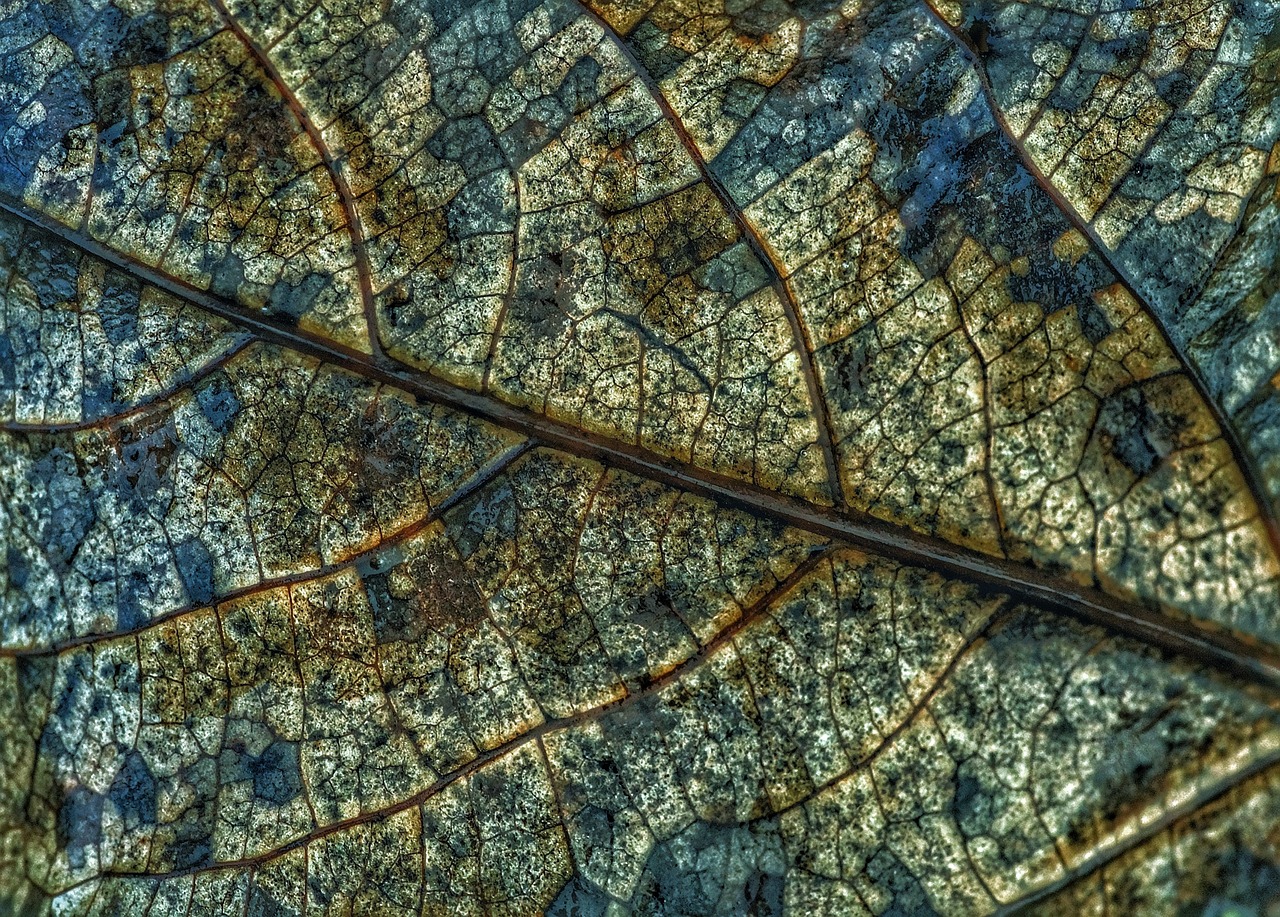
Choosing a Compost Bin
When it comes to composting, one of the first decisions you'll need to make is choosing the right compost bin. Think of your compost bin as the home for your organic waste; it should be comfortable, functional, and suited to your lifestyle. There are several options available, each with its own set of advantages. Whether you have a spacious backyard or a small balcony, there's a composting solution tailored just for you!
First off, consider the space you have available. If you're working with limited space, a compact compost bin or a worm composting system (also known as vermicomposting) might be the perfect fit. These bins are designed to fit snugly in smaller areas while still providing an efficient composting environment. On the other hand, if you're blessed with a larger yard, you might opt for a traditional compost pile or a larger bin that can accommodate more organic matter.
Next, think about the materials you'll be composting. Some bins are better suited for specific types of waste. For example, if you're planning to compost a lot of kitchen scraps, a bin with a tight lid can help keep pests at bay. Conversely, if you’re mostly composting yard waste, a bin that allows for good airflow is essential for proper aeration and decomposition.
Here are some popular types of compost bins to consider:
- Traditional compost bins: These are usually made of wood or plastic and can hold a significant amount of waste. They often come with a lid and can be quite decorative in your garden.
- Tumbling composters: These bins are designed to be rotated, which helps aerate the compost and speeds up the decomposition process. They’re great if you want to turn your compost more frequently.
- Worm bins: Perfect for those with limited space, worm bins use red wigglers to break down kitchen scraps into rich compost. They can be kept indoors or outdoors and are relatively low-maintenance.
- Bokashi bins: This is a unique method that ferments food waste using a special blend of microorganisms. It’s ideal for those who want to compost meat and dairy, which are typically not recommended for traditional composting.
Ultimately, the best compost bin for you will depend on your specific needs and preferences. Don’t be afraid to experiment a little! You might find that starting with a simple bin and then upgrading as you get the hang of composting is the best approach. Remember, the goal is to create a thriving ecosystem for your organic waste, turning it into nutrient-rich compost that will nourish your plants and garden!
Q: How long does it take for compost to be ready?
A: Composting can take anywhere from a few weeks to several months, depending on factors like the materials used, the composting method, and how often you turn the pile.
Q: Can I compost meat and dairy?
A: Traditional composting methods generally do not recommend composting meat and dairy due to odor and pest issues. However, Bokashi composting allows for these materials.
Q: Do I need to turn my compost?
A: While it’s not strictly necessary, turning your compost helps aerate it and speeds up the decomposition process. If you use a tumbler, this can be done easily.
Q: What if my compost smells bad?
A: A foul smell usually indicates that your compost is too wet or lacks sufficient aeration. Adding dry materials like leaves or straw and turning the pile can help alleviate the odor.
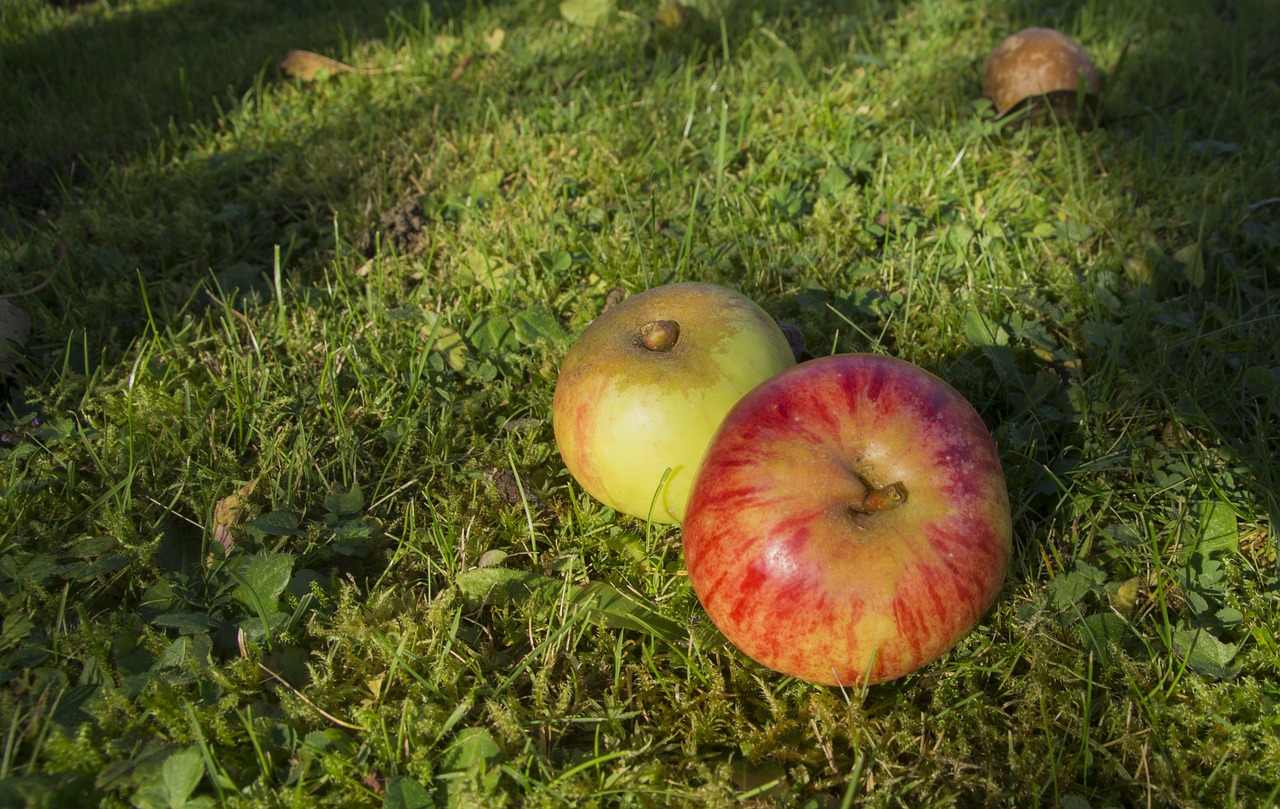
What to Compost
When it comes to composting, knowing what to include in your compost pile is crucial for creating rich, nutrient-dense soil. It’s like crafting a gourmet dish; you need the right ingredients to achieve the perfect blend! In essence, composting is all about recycling organic materials, and there are plenty of kitchen scraps and yard waste that can be transformed into black gold for your garden.
First off, let’s talk about kitchen scraps. These are the leftovers from your culinary adventures that often end up in the trash. Instead of tossing them away, think of them as valuable resources! Common kitchen scraps that are excellent for composting include:
- Fruit and vegetable peels: Think of all those apple cores, banana peels, and carrot tops. They break down quickly and add essential nutrients.
- Coffee grounds: Not only do they add nitrogen, but they also attract beneficial worms to your compost.
- Eggshells: Crushed eggshells are a great source of calcium, which is vital for plant growth.
- Grains and pasta: Leftover rice or pasta can be composted, but make sure they’re not oily or heavily seasoned.
Now, let’s not forget about yard waste. This includes items that are typically generated during gardening or landscaping. Grass clippings, leaves, and small branches are all fantastic additions to your compost pile. They not only help balance the carbon-to-nitrogen ratio but also create a fluffy texture that promotes airflow.
However, it’s essential to avoid certain materials that can hinder the composting process or introduce unwanted pests. For instance, you should steer clear of:
- Meat and dairy: These can attract rodents and create odors that are less than pleasant.
- Oils and fats: Similar to meat, these can lead to pest problems and slow down decomposition.
- Diseased plants: Introducing these can spread disease to your healthy plants.
In summary, composting is all about finding the right balance. Think of it as a dance between greens (nitrogen-rich materials) and browns (carbon-rich materials). By mixing kitchen scraps with yard waste, you’ll create a thriving ecosystem that breaks down organic matter into nutrient-rich compost.
As you embark on your composting journey, remember to monitor the moisture levels and turn your compost regularly to aerate it. This will speed up the decomposition process and ensure you’re on your way to creating the best compost possible. So, roll up your sleeves and get ready to transform your kitchen scraps into garden gold!
Q: Can I compost paper products?
A: Yes, you can compost paper products like newspaper and cardboard, but make sure they are shredded and free from inks or coatings that could be harmful.
Q: How long does it take for compost to be ready?
A: Compost can take anywhere from a few weeks to several months to decompose, depending on the materials used and how often you turn it.
Q: Do I need to add anything special to my compost?
A: While not necessary, adding a compost accelerator can speed up the decomposition process. However, maintaining the right balance of greens and browns is usually sufficient.
Frequently Asked Questions
- What materials can I compost?
You can compost a variety of kitchen scraps and yard waste, such as fruit and vegetable peels, coffee grounds, eggshells, grass clippings, and dried leaves. Just remember to avoid meat, dairy, and oily foods, as they can attract pests and create odors.
- How long does it take to make compost?
The time it takes to create compost can vary, typically ranging from 3 months to a year. Factors like the materials used, moisture levels, and temperature can speed up or slow down the process. Keeping your compost pile aerated and well-balanced will help it decompose faster!
- Can I compost in an apartment?
Absolutely! If you live in an apartment, you can use a small compost bin or even a worm bin (vermicomposting) to manage your scraps. There are also indoor composting solutions that help minimize odors and take up little space.
- What are the benefits of composting?
Composting enriches your garden soil, reduces landfill waste, and helps conserve resources. Plus, it can save you money on chemical fertilizers and waste disposal fees. It’s a win-win for your wallet and the environment!
- How do I maintain my compost pile?
To maintain your compost pile, make sure to turn it regularly to aerate the materials, keep it moist (but not soggy), and balance your greens (nitrogen-rich materials) and browns (carbon-rich materials). A well-maintained pile will break down efficiently and smell earthy rather than foul.
- Is composting difficult?
Not at all! Composting is quite simple and can be as hands-on or hands-off as you want. Just start by collecting your kitchen scraps, choose a compost bin, and layer your materials. With a little patience, you'll be creating nutrient-rich compost in no time!



















